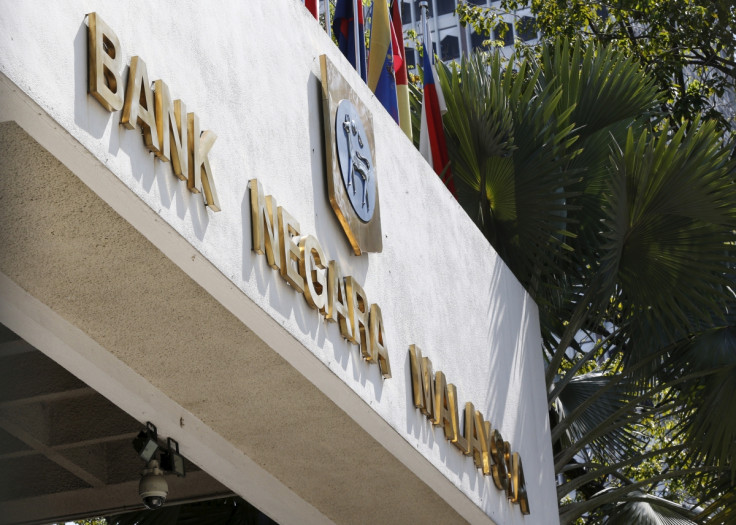WSJ and Malaysian government spat continues over central banker appoinment

With only two days to go before Malaysia's long-serving central banker Zeti Akthar Aziz steps down, a new governor has been named. Zeti's deputy, Muhammad Ibrahim, will take over effective 1 May and his appointment by the king, on the advice of Prime Minister Najib Razak, is for a five-year term.
But his appointment has sparked further controversy. The war of words between the Wall Street Journal (WSJ) and the prime minister's office, which started over the coverage of state fund 1Malaysia Development (1MDB), has now spilled over the appointment of the new governor.
The WSJ, which first broke the 1MDB story alleging that monies have been diverted from the fund and implicating Najib, has stuck to its series of stories on the state fund, much to the chagrin of Najib. The story – which has resulted in investigations into alleged money laundering, and bribery, among others, being launched by several jurisdictions in different countries, has so far resulted in one person being charged in Singapore. The other investigations are still on-going.
So far however, Najib has not been mentioned or implicated in any of the investigations. Najib's press secretary, Tengku Sariffuddin Tengku Ahmad, in a statement to local media, highlighted the fact that the appointment of Muhammad "clearly refuted WSJ's claims that a technocrat close to the administration would be named to the role".
He said: "The WSJ reported as fact multiple times, including by Ken Brown on 20 April and Tom Wright on 11 March, that the prime minister had appointed Tan Sri Irwan Serigar Abdullah to be the new governor of Bank Negara Malaysia and that he was linked to 1MDB. This was despite no announcement having been made, and based on anonymous sources."
Tengku Sariffuddin continued: "Unfortunately, many believe the WSJ's Malaysia reporting, because they don't realise that the WSJ are allowing themselves to be used as the willing vehicle of [former prime minister] Tun Mahathir Mohamed's Anti Najib Campaign, just for the sake of sensational headlines."
He reiterated earlier claims that the newspaper failed its basic duty to verity its facts and that the appointment of Muhammad showed WSJ's reporting could not be trusted. This is not the first time that Tengku Sariffuddin has issued a statement slamming the WSJ.
In retaliation, the WSJ on 27 April insisted that the government had made a U-turn in its decision on the successor to Zeti. Quoting a person familiar with the matter, the newspaper said that a veteran central banker was chosen following pressure from the long-serving governor to appoint someone from within the bank to succeed her.
WSJ said according to the source, the government had initially decided to appoint Irwan, a close ally of Najib and the Treasury secretary-general. Najib, in addition to his role as premier, is also the finance minister.
It said that Zeti was asked to extend her tenure as governor but that she had declined, according to the source. Zeti has served as the governor of Bank Negara Malaysia for 16 years.
So who is the new governor?
Muhammad has held the post of deputy governor since 2010. A graduate of Harvard University, he made his first policy statement as the soon-to-be-governor: "It is important for the central bank to maintain monetary and financial stability, remain focused on its strategic agenda and work towards contributing to a better future for all Malaysians."
News of his appointment did not come as a surprise to the market. Nomura Global Markets Research said that his appointment was "in line with expectations and will be interpreted as such." It said that he is the most qualified candidate and will require a shorter transition period than any of the other candidate."
"While we will closely watch Muhammad for any statements or comments that reveal his policy biases, we believe he is unlikely to dramatically alter the direction of monetary policy. Overall, we remain comfortable with our view that Bank Negara will keep its policy rate unchanged this year.
© Copyright IBTimes 2025. All rights reserved.






















